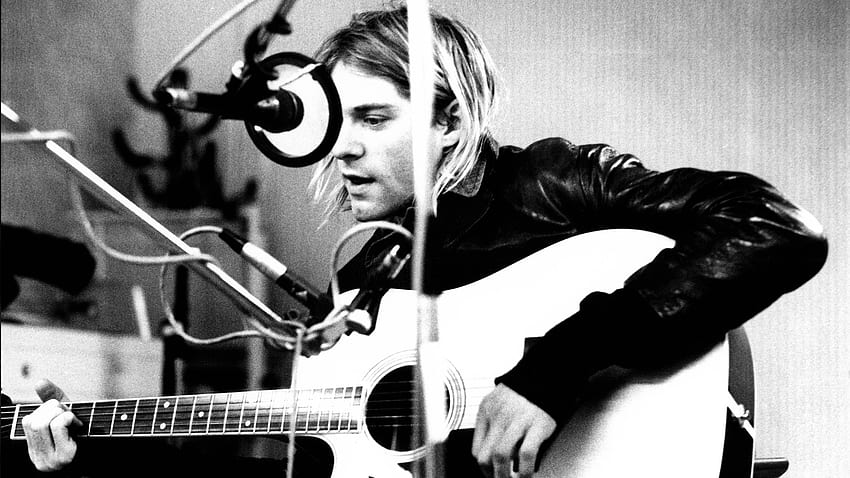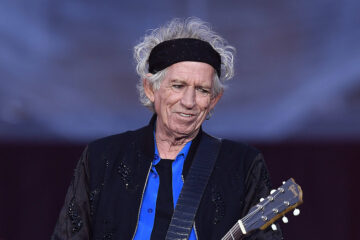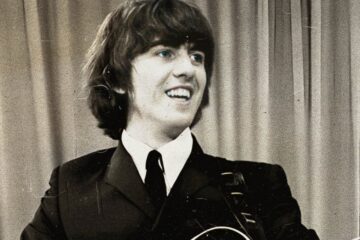News When Melvins first exposed Kurt Cobain to the power of punk: “Finally found my calling”
Like many of his generation, Kurt Cobain was too young to fully enjoy the first wave of punk in the way that the pogoing, glue-sniffing fanatics born a decade before he did. By the time his tastes matured, the genre had moved on considerably from the days of Johnny Rotten and Joe Strummer, splintering off into forms such as hardcore, which re-energised the rock formula for the new decade. Now, bands like Black Flag and Minor Threat were all the rage, soundtracking the existence of the demographic known as Generation X.
Born in 1967, Cobain wasn’t yet out of primary school when the first wave of punk finally erupted from the underground and transformed the musical zeitgeist. Bands such as Sex Pistols and The Clash stormed the keeps of the hegemons such as Aerosmith, who had long represented the worst of classic rock excess. It was an era of immense socio-economic strife, and punk weaponised the fury of the dejected younger generation who were fed up with outdated rockstars and the general status quo.
While the first wave of punk would ultimately be the victim of itself, following the emergence of post-punk in its wake, many different pathways would emerge, resulting in hardcore, no-wave, and alternative rock all materialising across the 1980s. Another form that would coalesce at the end of the decade was grunge, which fused the rage and passion of the genre with hooky pop melodies, just like the original iteration had done. Yet, this time, it was truly authentic. It might have sounded slightly different from the three-chord wonders of the late ’70s, but it was punk for Generation X’s times, a wholly countercultural sound.
Cobain’s first exposure to punk came when he was 11, and Creem covered the notorious Sex Pistols US tour. Although he wasn’t old enough to go to a show, the reports captured his imagination, with him fantasising about what it must be like watching the quartet in action. After that formative reading experience, Cobain would try his hardest to search for the tangible sound of punk rock, but the record shop in his rural hometown of Aberdeen, some 200 miles away from Seattle, would be late to catch on.
Speaking to Guitar World in 1993, Cobain recalled that the first ‘punk’ records he could buy were “probably Devo and Oingo Boingo and stuff like that”, things that had “finally leaked into Aberdeen many years after the fact”. This was the early 1980s.
However, things changed for Cobain in 1984, when he was deep in his teenage years. This formative listening experience would re-focus his path and be the start of his journey to becoming the grunge pioneer who changed guitar music forever. That year, a friend of his, Buzz Osborne, who had just started his band, Melvins – another formative influence on Nirvana – made him a couple of compilation tapes featuring hardcore heroes Black Flag and cult San Francisco innovators Flipper. It blew the young Cobain away.
Regarding the significance of those tapes, Cobain recalled: “I’d finally found my calling. That very same day, I cut my hair short. I would lip-sync to those tapes. I played them every day, and it was the greatest thing. I’d already been playing guitar by then for a couple of years, and I was trying to play my own style of punk rock, or what I imagined that it was. I knew it was fast and had a lot of distortion.”
The Nirvana leader continued: “Punk expressed the way I felt socially and politically. There were so many things going on at once. It expressed the anger that I felt the alienation.”
That was it for Cobain. Over the next few years, his songwriting style developed, and the following year, Fecal Matter, the first iteration of Nirvana, formed in the Melvins’ rehearsal space. Furthermore, Cobain had long known there was something off about bands such as Aerosmith and Led Zeppelin, and punk confirmed to him what it was: their sexist attitude and songs about sex.
Listen to Kurt Cobain discuss punk below.




